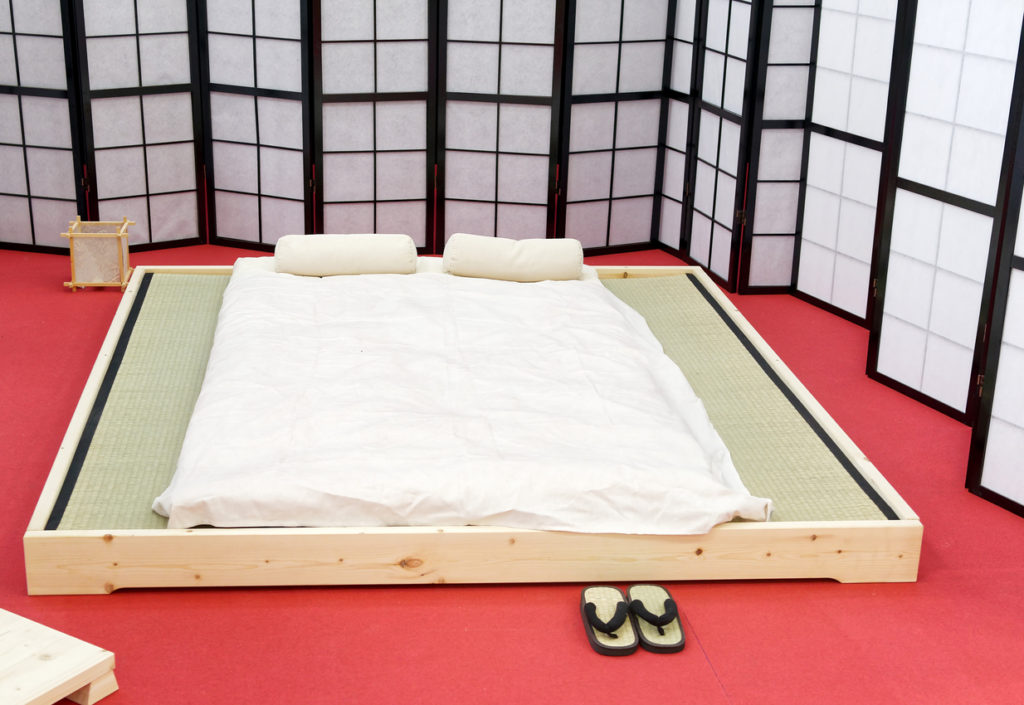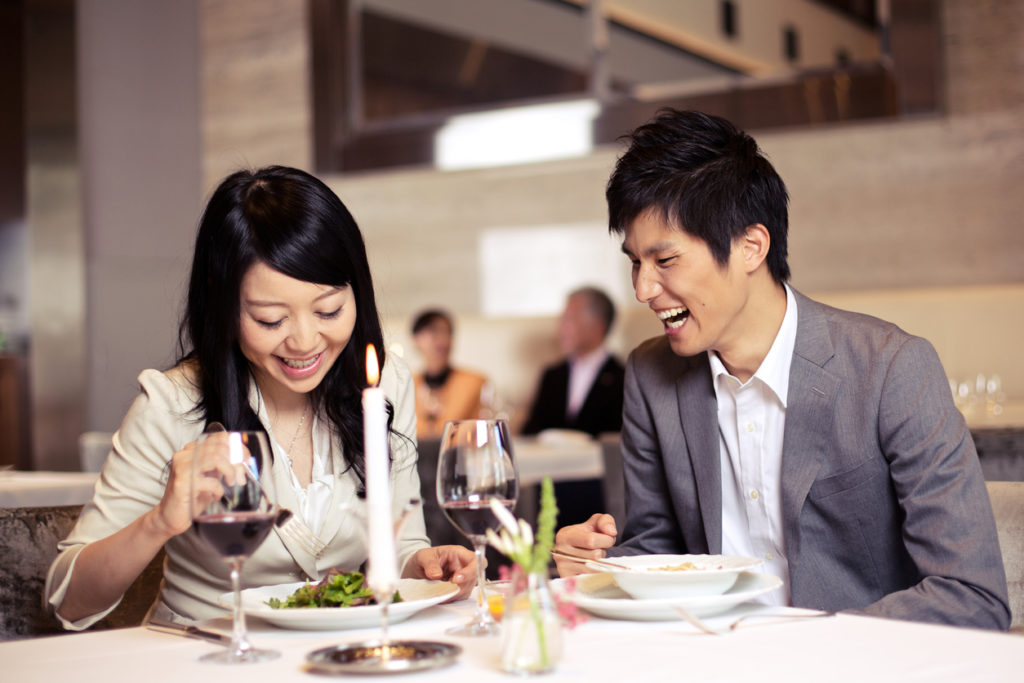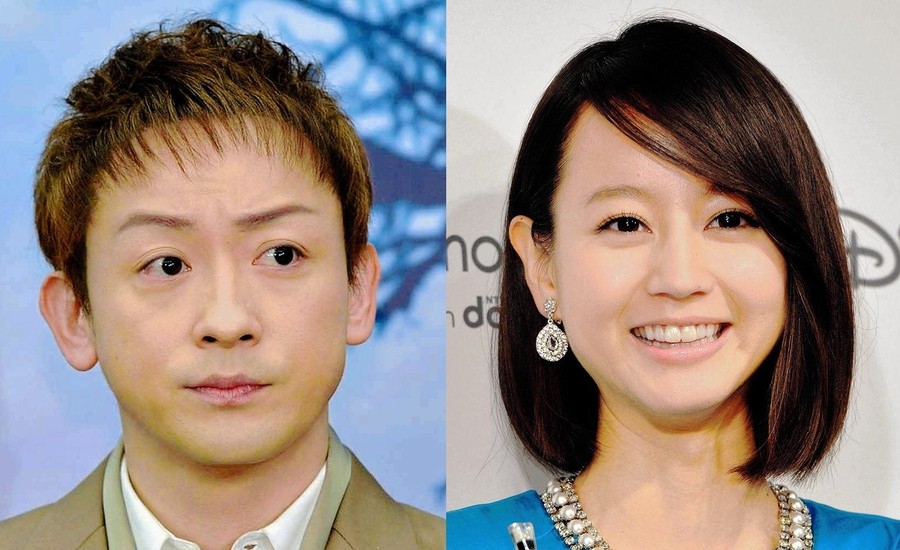It’s Complicated: Companionship Dating In Japan
"I Want To Be With You, But Not In A Physical Way"
No sex please, we're just friends out on a romantic date together.
“I know we’ve been dating for a few months now, and you may be wondering why things haven’t progressed physically between us. I’m very attracted to you and your personality, but I don’t have any interest in a physical relationship now. Would you be interested in dating for companionship?”
Back before smart phones even existed, I received this message in the form of texts from a man that I had been somewhat casually dating for about three months. Despite the message, I felt hurt (Wasn’t I good enough to sleep with?), and then actually considered what he was offering. We had been having a lot of fun together, gone to numerous events and exhibitions, and even tried some traditional activities together, but there had always been a sort of line that kept things from moving someplace more private. I considered his offer quite seriously — I mean, we had been having a great time together, but I had to decline. I wanted more.

It’s purely platonic.
A slowly growing trend
While sex is seen as an important part of any healthy relationship, some people would prefer that sex was not a factor in their dating life at all. After many discussions with both international and Japanese men and women, I’ve learned that this is also a slowly growing trend in Japan among heterosexual men in their late 20s to mid-30s.
Dating for companionship — which in Japanese is referred to as platonikku tsukiai (プラトニック付き合い), sexless tsukiai (セックスレス付き合い) or ecchi nashi tsukiai (エッチ無し付き合い), first began being noticed online in late 2015, but has been a common concept (according to several men I spoke with) since about 2008, and according to women’s magazines, such as AnAn, was a hot topic in some circles back in 2003, too.
Dating for companionship is essentially having a close friend of the opposite gender; someone that you like to spend time with, but are not interested in pursuing a physical relationship with.
For those who are up-to-date on their scandals in Japan, this companionship concept may sound eerily similar to the JK osanpo (JKお散歩), escort services to adult men in exchange for money that has been a serious problem since 2013-15. JK (joshi kosei, high school female students) osanpo, in which older men pay to spend time with young girls, used to be reportedly widespread in Akihabara and other areas until police starting cracking down similar cases to protect juveniles.
However, the companionship dating we’re discussing involves two consenting adults that are likely not being paid for their time. Dating for companionship seems to be an option that men, many of whom are self-proclaimed bachelors for life, prefer to a more traditional dating relationship — for a wide variety of reasons.
Dating for companionship is essentially having a close friend of the opposite gender; someone that you like to spend time with, but are not interested in pursuing a physical relationship with. Or, it may be a relationship where you are meant to look like a “normal couple,” but without any of the bedroom politics that go with it.
“Dinner and event partner” … or a test run
I was once in a different relationship like this and didn’t even know it. I thought I was going out with a very old-fashioned, steady Japanese businessman two years older than me, and that eventually, things would just happen between us. They did not, and, after some careful prodding of “What are we?”, I learned that he considered me his “dinner and event partner” — and nothing else.
‘The fear of losing your freedom to someone that is trying to trap you into a marriage is very real.’
A friend of mine was in the same situation, although in her case, her Japanese man wanted someone that would look good with him in his numerous photos of Tokyo Disneyland. The romance of Cinderella’s Castle at Christmas proved too much for her though, because when she kissed him, he panicked, and ghosted on her, resurfacing months later to ask if she had “gotten over that yet” (in time for the summer festivities at Disney Sea!).
A Japanese male friend explained this sort of relationship to me as this:
“For a lot of guys in their 30s, dating someone can start to feel like an act of desperation. There’s this belief that women [in their 30s] might be going baby crazy, and might go for a dekichatta-kon (できちゃった婚, shotgun wedding) with a man that just wanted something friendly and casual. The fear of losing your freedom to someone that is trying to trap you into a marriage is very real. But if you aren’t getting physical with them, there’s no way they can pull something like that, and you can really get to know a person better.” (Yasa, 27).

Just a dinner partner, nothing else.
Ultimately, according to my friend, dating for companionship is like a test run for what life in your golden years will be like. Being able to just enjoy another person’s company is satisfying for many of these guys, and the lack of a physical side to things is seen as just being a natural part of friendship. He went on to say that, while not always true, some cases of dating for companionship turn into marriages and families in the future — essentially, they turn into kosai zero nichi-kon (交際ゼロ日婚), or “marriage without dating,” where men and women who have been friends for a while marry — another trend that began garnering attention in 2015. Maki Horikita, a famous Japanese actress, was one of the people to popularize the trend in 2015 when she married actor Koji Yamamoto without any prior dating. Their love affair extended to him sending her 40 love letters — to which she never replied, and when he asked her to marry him, she said yes.

Japanese actor Koji Yamamoto and actress Maki Horikita married without having even a single date: a typical case of the so-called “kosai zero nichi-kon” trend.
“It might work out,” my friend said. But then stressed that, at least among his friends, it wasn’t something that anyone wanted to be pushed too hard about.
Other Japanese men I spoke with echoed his sentiments.
“It’s far easier to spend time with someone as a friend than it is to date them — you don’t have to have some imaginary list of requirements to tick off, and you don’t have to worry about them changing on you [after marriage]. It’s nice to just hang out with a woman as a friend sometimes, and not feel like she’s after my money or becoming a housewife” (Naoki, 35).
Where does this take you?
While it’s nice to have a constant companion for different events, to go on day trips with, and so on, if you find yourself falling in love with this person, you need to take a step back and rethink the situation. You don’t have to break up with them per se, but you might want to take some time to think about what you want out of life. If you have your heart set on getting married and having children in the future, then this sort of relationship might not be ideal to continue. You can go out with this guy from time to time, if you want, but you should also consider looking for other partners that are interested in a full relationship as well, and let this companionship slowly wind down.
In my case, it wasn’t something that I could see myself managing in the long term, but you may feel differently, or you might even meet a companion that eventually becomes a partner. As long as you don’t go into the relationship with some sort of expectations of what it will be like, you can be free to enjoy yourself.
















Leave a Reply